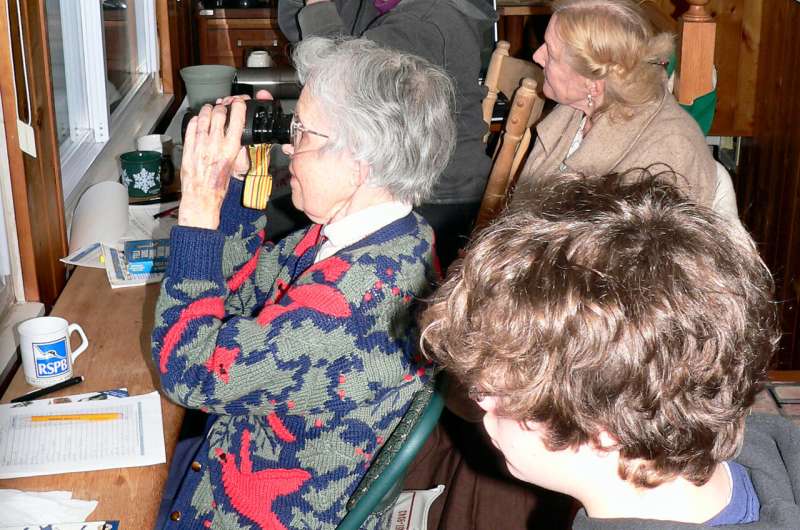Survey completeness of a global citizen-science database of bird occurrence

There are many shortfalls in knowledge of the world's biodiversity, and one of the most basic is the lack of knowledge about where species occur geographically. This deficiency has broad ramifications for research and conservation. This study, published in Ecography, suggests the development of citizen science programs to collect data by volunteers has the potential to reduce this shortfall.
For this study, the researchers used bird observations entered in the eBird online program run by the Cornell Lab of Ornithology. The goal was to measure survey completeness of the world's birds at three temporal resolutions and four spatial resolutions across the annual cycle during the period 2002 to 2018.
This global assessment of the completeness of eBird occurrence information identified the presence of strong geographic, seasonal and yearly patterns.
—As expected, occurrence information was concentrated in regions of North America and Europe with secondary concentrations in southern India, eastern Australia and New Zealand.
—The highest levels of survey completeness occurred in these same regions, with North America having the highest overall levels.
—As expected, survey completeness was higher during spring migration within temperate and boreal regions of North America and Europe when birdwatching activities tend to be more intensive.
—Large regions in South America, Africa, and northern Asia contained no occurrence information or low levels of survey completeness.
—Survey completeness increased from 2002 to 2018 in a consistent fashion across seasons, with the strongest gains occurring in India and tropical forests after 2012 and the weakest gains occurring in Africa and montane regions.
These and other findings from the study highlight the potential of citizen science initiatives to further knowledge of where species occur across space and time, information whose applications under global change will likely increase.
More information: Sorte Frank A. La et al, Survey completeness of a global citizen‐science database of bird occurrence, Ecography (2019). DOI: 10.1111/ecog.04632
Journal information: Ecography
Provided by Cornell University


















